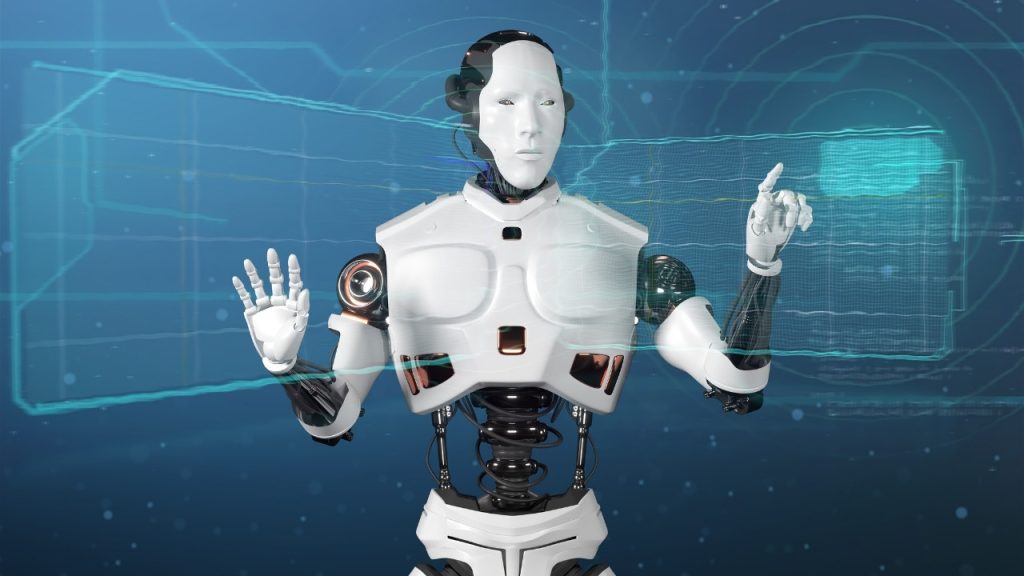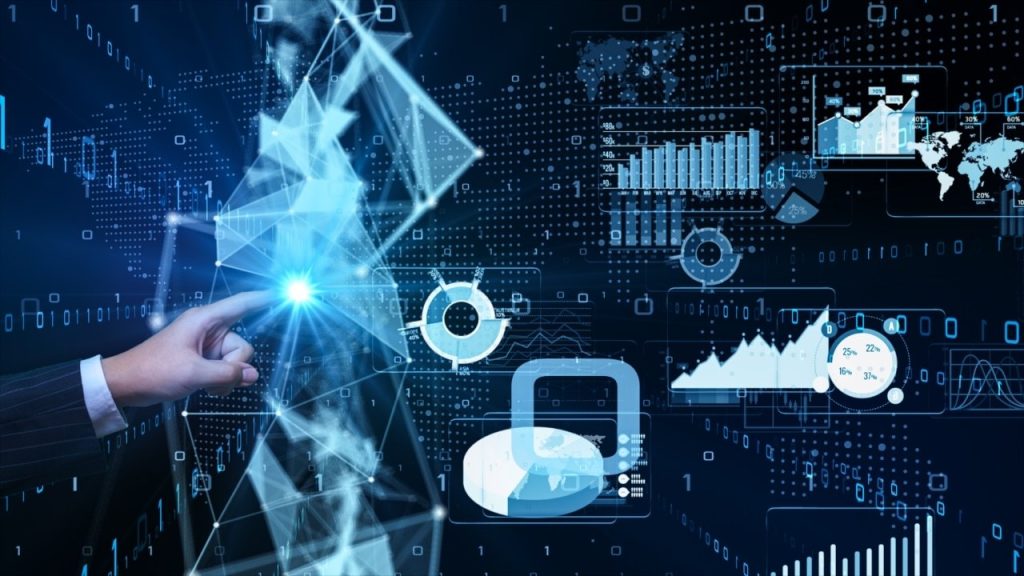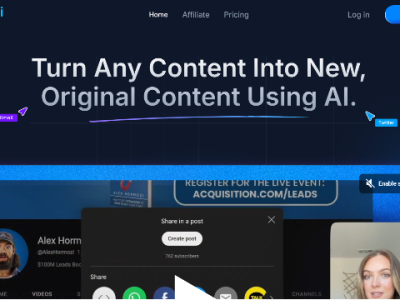The rapid advancement of artificial intelligence (AI) has sparked widespread debate about its impact on human intelligence, particularly when it comes to decision-making. AI tools are now being integrated into nearly every industry, from healthcare to finance, transforming how decisions are made. But how do these AI-driven processes compare to the decisions made by humans? What are the strengths of each, and how can AI tools enhance human decision-making rather than replace it? This article dives into the ongoing comparison of AI vs. human intelligence and explores how AI tools are revolutionizing decision-making processes across various sectors.
Understanding AI and Human Intelligence

Artificial Intelligence, or AI, refers to machines’ ability to perform tasks that typically require human intelligence, such as learning, reasoning, problem-solving, and decision-making. In contrast, human intelligence encompasses a broader range of abilities, including creativity, emotional intelligence, and intuition.
Human intelligence is marked by its capacity for abstract thinking, language comprehension, and the ability to feel and express emotions. While AI can process vast amounts of data at extraordinary speeds, it lacks the emotional depth and contextual understanding that humans bring to decision-making. However, the ability of AI to learn from data, recognize patterns, and make objective decisions gives it a unique edge in many scenarios.
The Evolution of AI in Decision-Making
The role of AI in decision-making has evolved rapidly over the last few decades. From early rule-based systems that followed predefined instructions, AI has grown into sophisticated tools that use machine learning to adapt and improve from data. Decision-making AI tools can now simulate reasoning processes, predict outcomes, and provide recommendations in real time.
The integration of AI into decision-making began with simple automation tasks, such as sorting information or processing transactions. Over time, these systems have evolved, enabling AI to perform complex analyses that help humans make faster and more accurate decisions. As a result, industries like healthcare, finance, and marketing have benefited tremendously from AI-powered decision-support tools.
Human Intelligence: The Power of Creativity and Emotion
Human intelligence excels in areas that require creativity, emotional understanding, and adaptability. While AI can analyze data and recognize patterns, it often struggles with tasks that involve empathy, intuition, or abstract thought. Humans, on the other hand, can interpret nuanced situations, understand emotional contexts, and create innovative solutions.
For example, in a business setting, a human leader can consider not only the financial implications of a decision but also the cultural and emotional impact on their team. AI lacks this ability to weigh emotional consequences, making human input essential in decisions where personal relationships or moral considerations are involved.
AI Tools in Decision-Making
Today, AI tools are instrumental in decision-making across multiple sectors. These tools leverage algorithms to analyze data, recognize patterns, and provide insights that help humans make more informed decisions. In healthcare, AI is used to diagnose diseases and suggest treatments. In business, AI-driven analytics help companies refine their strategies. In finance, AI tools predict market trends and guide investment decisions.
The real strength of AI tools lies in their ability to process large datasets at speeds far beyond human capability. By analyzing historical data, AI can identify patterns and trends that may not be immediately apparent to humans. This capability enhances decision-making by providing a more comprehensive view of the available information.
AI and Big Data
AI’s ability to process and analyze vast amounts of data is one of its key strengths. The combination of AI and big data enables more accurate and timely decision-making. In industries like finance, marketing, and logistics, companies can leverage AI tools to make data-driven decisions that optimize their operations and strategies.
For instance, AI can analyze customer behavior data to predict future purchasing trends, allowing businesses to tailor their marketing strategies more effectively. In healthcare, AI can process patient records and medical images to detect patterns that may indicate early signs of diseases like cancer, improving diagnostic accuracy.
Machine Learning: Learning from Data
Machine learning is a subset of AI that enables systems to learn from data and improve over time without explicit programming. This technology has revolutionized decision-making by allowing AI to continually adapt and refine its algorithms based on new information.
In industries like retail, machine learning algorithms can analyze customer data to forecast product demand, enabling businesses to make more informed inventory decisions. Similarly, in healthcare, machine learning is used to analyze medical records and suggest personalized treatment plans based on patterns observed in similar cases.
AI in Business Strategy
Businesses are increasingly turning to AI to inform their strategic decisions. AI tools can analyze market trends, customer behavior, and internal operations to identify areas for growth and optimization. By automating routine tasks and providing data-driven insights, AI enables companies to make smarter, more agile business decisions.
For example, AI tools can analyze sales data to determine which products are performing well and which need to be reevaluated. In marketing, AI can optimize ad campaigns by analyzing customer interactions and adjusting strategies in real time.
AI in Healthcare
The healthcare industry is one of the most promising areas for AI-enhanced decision-making. AI tools assist doctors in diagnosing diseases, recommending treatments, and even performing surgery. By analyzing medical data, AI can help healthcare providers make more accurate diagnoses and develop personalized treatment plans for patients.
For example, AI-powered diagnostic tools can analyze medical images to detect signs of disease that may be missed by the human eye. This can lead to earlier detection and more effective treatments for conditions like cancer, where early intervention is crucial.
Conclusion
The ongoing debate between AI vs. human intelligence continues as AI tools become more integrated into our decision-making processes. While AI excels in data analysis and pattern recognition, human intelligence remains unparalleled in areas requiring creativity, emotional understanding, and ethical reasoning. Together, AI and human intelligence can work synergistically to enhance decision-making across industries. As AI technology continues to evolve, it will undoubtedly play a greater role in shaping the future of decision-making, but human oversight and input will remain essential.




Comments